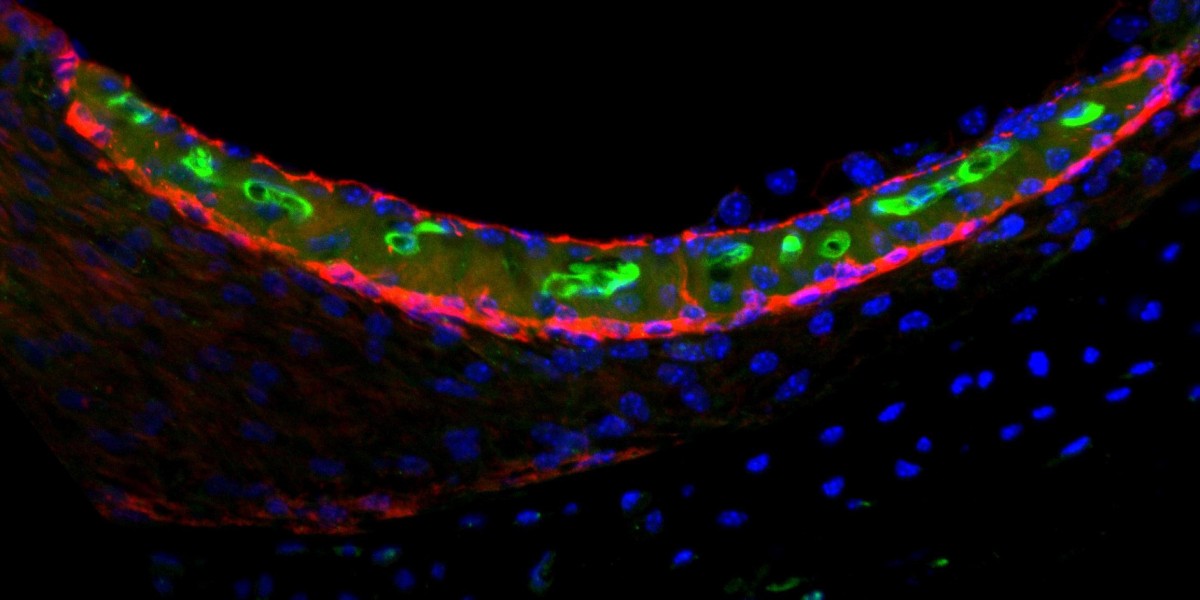NIH study uncovers clues about why common cancer drug causes hearing loss
Researchers find target to protect hearing during chemotherapy treatment.
Scientists have found a new way to explain the hearing loss caused by cisplatin, a powerful drug used to treat many forms of cancer. Using a highly sensitive technique to measure and map cisplatin in mouse and human inner ear tissues, researchers found that forms of cisplatin build up in the inner ear. They also found a region in the inner ear that could be targeted for efforts to prevent hearing loss from cisplatin. The study is published in Nature Communications, and was supported by the National Institute on Deafness and other Communications Disorders (NIDCD), part of the National Institutes of Health.
Cisplatin and similar platinum-based drugs are prescribed for an estimated 10 to 20 percent of all cancer patients. The NIH’s National Cancer Institute supported research that led to the 1965 discovery of cisplatin and continued development leading to its success as an essential weapon in the battle against cancer. The drugs cause permanent hearing loss in 40 to 80 percent of adult patients and at least half of children who receive the drug. The new findings help explain why cisplatin is so toxic to the inner ear, and why hearing loss gets worse after each treatment, can occur long after treatment, and is more severe in children than adults.
This page was last updated on Friday, January 21, 2022
